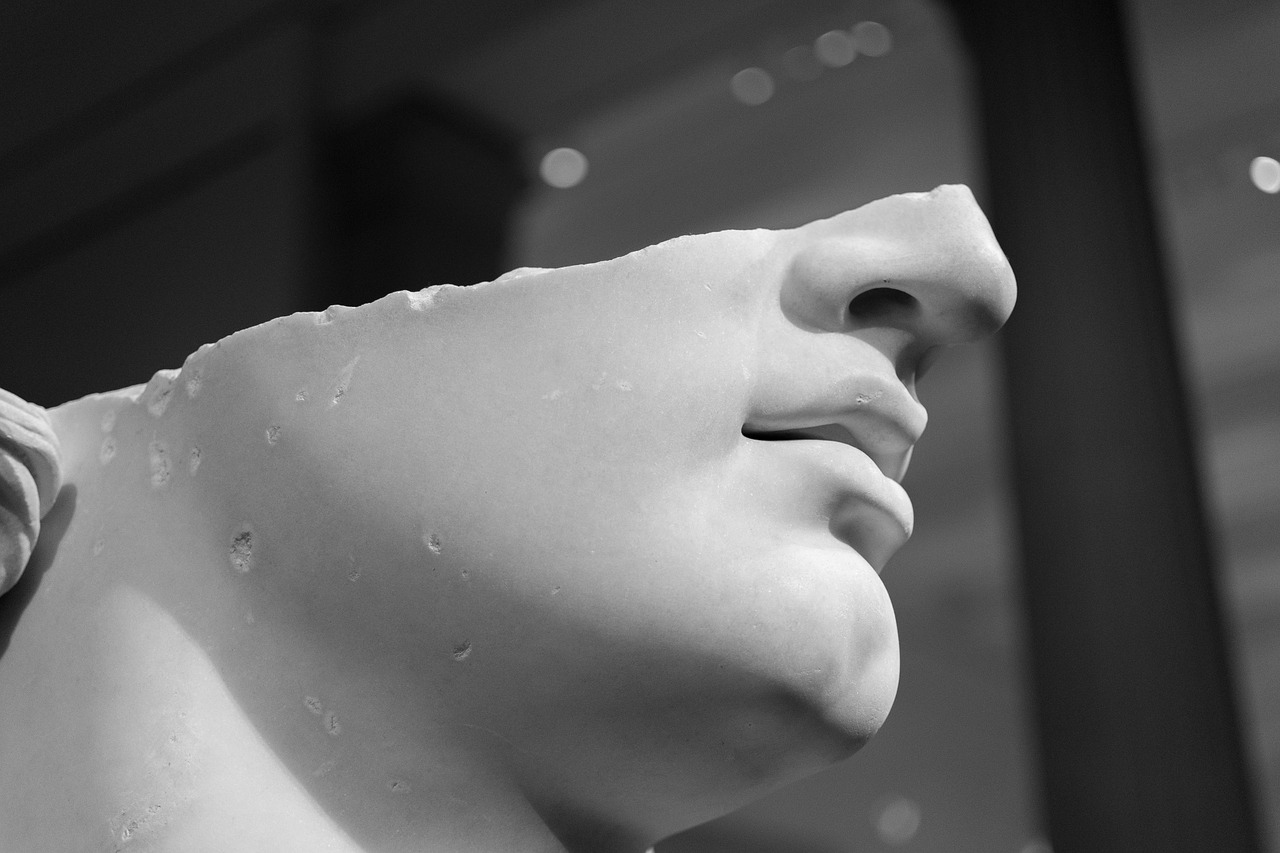prasad1
Active member
No, there is no such thing as universal morality, and it is somewhat surprising that people are still asking this question in the 21st century. Then again, that doesn’t mean that anything goes, a la moral relativism. Of course, much depends on what one means by “universal,” so let’s try to parse things out a bit.
To begin with, if by “universal” we mean that morality is like the laws of physics, or like mathematical theorems, or perhaps like the laws of logic, then forget it. Setting aside interesting discussions on the nature of mathematics and logic and whether even their tenets are truly universal or not, morality isn’t even in the ballpark.
“Morality” comes from the Latin moralis, the word used by Cicero to translate the Greek êthos. The Latin word refers more properly to the habits and customs of a people, while the Greek one is related to the idea of character. So “morality” is concerned with people’s characters and how we interact with each other in society.
Socrates, the Stoics, the Epicureans, the Cynics, and a number of other Greco-Roman schools agreed on one thing: human beings are a particular type of animal, and that particularity lies chiefly in two aspects of what it means to be human: we are highly social, and we are capable of reason.
The first bit means that we are all deeply interdependent on other people. Despite the fashionable nonsense, especially in the United States, about “self-made men” (they are usually men), there actually is no such thing. Without social bonds and support our lives would be, as Thomas Hobbes famously put it, poor, nasty, brutish, and short. The second bit, the one about intelligence, does not mean that we always, or even often, act rationally. Only that we have the capability to do so. Ethics, then, especially (but not only) for the Stoics becomes a matter of “living according to nature,” meaning not to endorse whatever is natural (that’s an elementary logical fallacy), but rather to take seriously the two pillars of human nature: sociality and reason. As Marcus Aurelius put it, “Do what is necessary, and whatever the reason of a social animal naturally requires, and as it requires.” (Meditations, IV.24)
There is something, of course, the ancients did get wrong: they, especially Aristotle, thought that human nature was the result of a teleological process, that everything has a proper function, determined by the very nature of the cosmos. We don’t believe that anymore, not after Copernicus and especially Darwin. But we do know that human beings are indeed a particular product of complex and ongoing evolutionary processes. These processes do not determine a human essence, but they do shape a statistical cluster of characters that define what it means to be human. That cluster, in turn, constrains — without determining — what sort of behaviors are pro-social and lead to human flourishing, and what sort of behaviors don’t. And ethics is the empirically informed philosophical enterprise that attempts to understand and articulate that distinction.

 thisviewoflife.com
thisviewoflife.com
To begin with, if by “universal” we mean that morality is like the laws of physics, or like mathematical theorems, or perhaps like the laws of logic, then forget it. Setting aside interesting discussions on the nature of mathematics and logic and whether even their tenets are truly universal or not, morality isn’t even in the ballpark.
“Morality” comes from the Latin moralis, the word used by Cicero to translate the Greek êthos. The Latin word refers more properly to the habits and customs of a people, while the Greek one is related to the idea of character. So “morality” is concerned with people’s characters and how we interact with each other in society.
Socrates, the Stoics, the Epicureans, the Cynics, and a number of other Greco-Roman schools agreed on one thing: human beings are a particular type of animal, and that particularity lies chiefly in two aspects of what it means to be human: we are highly social, and we are capable of reason.
The first bit means that we are all deeply interdependent on other people. Despite the fashionable nonsense, especially in the United States, about “self-made men” (they are usually men), there actually is no such thing. Without social bonds and support our lives would be, as Thomas Hobbes famously put it, poor, nasty, brutish, and short. The second bit, the one about intelligence, does not mean that we always, or even often, act rationally. Only that we have the capability to do so. Ethics, then, especially (but not only) for the Stoics becomes a matter of “living according to nature,” meaning not to endorse whatever is natural (that’s an elementary logical fallacy), but rather to take seriously the two pillars of human nature: sociality and reason. As Marcus Aurelius put it, “Do what is necessary, and whatever the reason of a social animal naturally requires, and as it requires.” (Meditations, IV.24)
There is something, of course, the ancients did get wrong: they, especially Aristotle, thought that human nature was the result of a teleological process, that everything has a proper function, determined by the very nature of the cosmos. We don’t believe that anymore, not after Copernicus and especially Darwin. But we do know that human beings are indeed a particular product of complex and ongoing evolutionary processes. These processes do not determine a human essence, but they do shape a statistical cluster of characters that define what it means to be human. That cluster, in turn, constrains — without determining — what sort of behaviors are pro-social and lead to human flourishing, and what sort of behaviors don’t. And ethics is the empirically informed philosophical enterprise that attempts to understand and articulate that distinction.

Is there a universal morality?
“…ethics has to do with how to arrive at as harmonious social interactions as it is humanly possible.”
